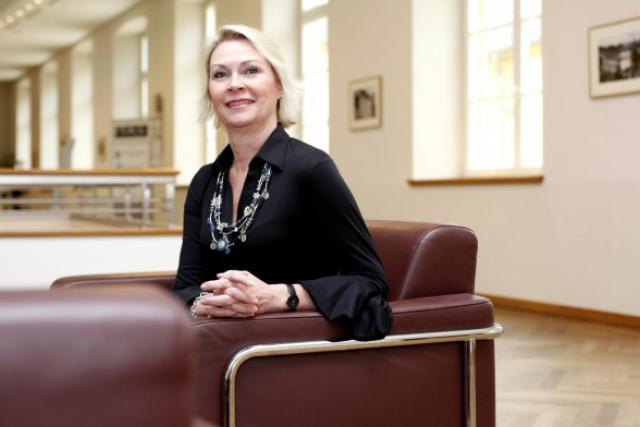There are different strategies possible for growth, even in a competitive market and in a suffering economy. Going abroad, reaching international markets, even beyond Europe, is one of them.
As Josée Lynda Denis of Kurt Salmon explains it, “many of the global asset managers that have a Luxembourg-domiciled fund have been successful in growing their global funds business in the past decade.” The crisis in the financial sector didn’t help, however, it didn’t prevent the industry to keep on growing. According to a recent fund industry survey, the number of true cross-border funds grew nine percent in 2010 – or 7,900 additional funds – while global registrations to sell and distribute these funds increased by eight percent, bringing the total close to 63,000 funds across the world being sold and distributed today. In all, some 339 asset management firms were actively marketing funds as at the end of December 2010. According to recent Alfi (Association of the Luxembourg Fund Industry) statistics, as of December 2012, the latest global fund industry figures available, even more Luxembourg-domiciled funds have bolstered that number since. Currently Luxembourg has a 9.6% market share globally, and 31.4% market share in Europe. Where is the inspiration for other professionals? The early steps are most important. “You must consider your product, and analyse the different markets that you wish to target. You have to find the balance between the size of the market, the investor profile, the distribution approach the specific market growth that is expected, and the way you can differentiate yourself from the competition,” adds Josée Lynda Denis. In other words, even a big and mature market can remain interesting for development. If your products do answer unsatisfied demand, and aims for a forgotten market segment, you can find your place. On the other hand, being the first in an emerging market is a way to create reputation and efficiently gain market shares, in the short and long term.
Does a company have to be big to choose this strategy? No, not necessarily. The choice is a matter of industry, and of operational partnerships. “It is possible to focus on the product, and on the service, and leave the distribution to local partners that have an interest of their own in offering your expertise.” That’s where the issue of distribution really arises: finding the balance between the needed strengths and competencies to find the market, and the role of partners… that still have to be identified.
